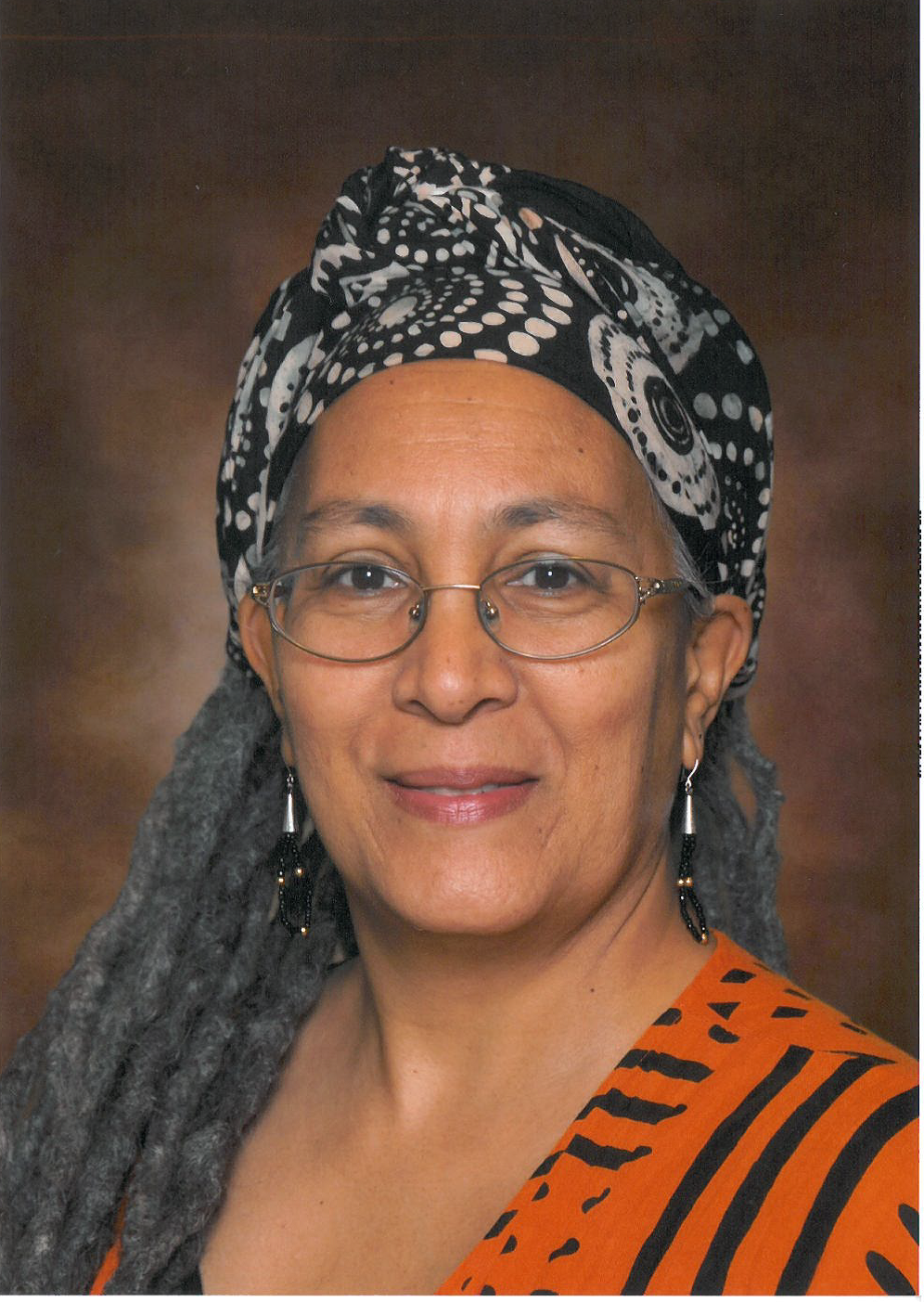Jessica Gordon-Nembhard

Author of Collective Courage: A History of African American Cooperative Economic Thought and Practice (2014), and 2016 inductee into the U.S. Cooperative Hall of Fame, Jessica Gordon-Nembhard, Ph.D., is Professor of Community Justice and Social Economic Development, in the Department of Africana Studies, John Jay College, City University of NY. Dr. Gordon-Nembhard is a political economist specializing in cooperative economics, community economic development and community-based asset building, racial wealth inequality, solidarity economics, Black Political Economy, and community-based approaches to justice. She is co-editor with Ngina Chiteji of Wealth Accumulation and Communities of Color (University of Michigan Press 2006). She is a member of the Cooperative Economics Council of NCBA/CLUSA; the International Co-operative Alliance Committee on Co-operative Research; a Faculty Fellow and Mentor with the Institute for the Study of Employee Ownership and Profit Sharing at Rutgers University School of Management and Labor Relations; and an affiliate scholar with the Centre for the Study of Co-operatives (University of Saskatchewan, Canada). Gordon-Nembhard is also a past board member of the Association of Cooperative Educators; a past fellow with the Center on Race and Wealth at Howard University; and a member and past president of the National Economic Association. She is the proud mother of Stephen and Susan, and the grandmother of Stephon, Hugo, Ismaél and Gisèle Nembhard.
Book: Collective Courage: A History of African American Cooperative Economic Thought and Practice.
Also see this interview and other information about my work.
Gordon Nembhard, Jessica. 2020. “Solidarity Cooperative Economics for the Global Majority.” The Miami Institute for the Social Sciences Economics Forum, online article inaugural forum, November 25, 2020.
Plenary
Regenerative Promise of Black Community Economics
Throughout African American history, even when Blacks were discriminated against and oppressed at work, or could not find a job, they engaged in economic cooperation and solidarity. Blacks pooled their resources to provide and pay for services they needed but did not have access to otherwise, either due to their masters’ control, or exploitative economic systems. African Americans used solidarity for escape (i.e., the Underground Railroad); started independent schools, intentional communities, and mutual aid societies. They created intentional communities, and used cooperatives to successfully farm, to run their own cotton mills, to collectively buy equipment and supplies, to provide insurance and health services, to gain access to credit and financial services, to provide electricity and alternative energy, etc. Black Americans have retained a sense of humanity and cooperative practice from their African ancestors, and created alternative economic activities that were jointly owned and democratically governed to provide for their families and strengthen their communities. These community solidarity economic accomplishments and strategies are increasing being used to address 21st century crises.